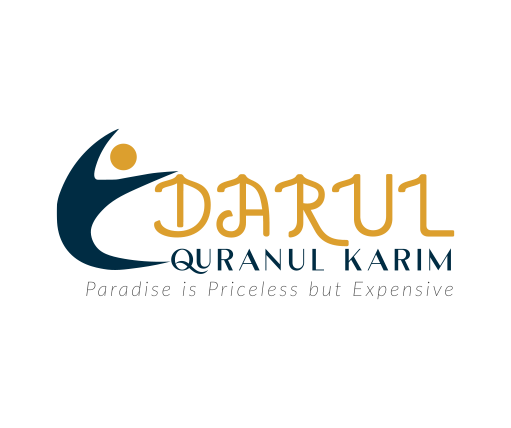About Us
Darul Quranul Karim
About Darul Quranul Karim
Darul Quranul Karim began as a community-based organization (C.B.O) established in 2013 in Bungoma,
Kenya. Initially registered under the Ministry of Gender, Children, and Social Development, it was
founded by Ali Hassan, inspired by his teachers Ismail Otenyo.
As the organization grew and welcomed new members, it expanded its outreach activities and came to a
deeper understanding of the widespread social challenges affecting communities across Kenya.
In response to these evolving needs, Darul Quranul Karim transitioned into a fully registered Non-
Governmental Organization (NGO) on July 3, 2025, under the guiding principle: “Poverty Has No
Region.” This transformation marked a significant step toward amplifying its impact and reaching
underserved communities with greater efficiency and purpos
Accreditation
Darul Quranul Karim is officially certified by the Kenya Public Benefit Organizations Regulatory Authority (PBORA), operating under the Ministry of Interior and National Administration, Ministry of Foreign Affairs as well as National Counter Terrorism Centre. The organization identification number is NGO- ABUJEJP.
Darul Quranul Karim
The Board comprises distinguished Islamic scholars and professionals committed to leadership,
social impact, and community development.
Ali Hassan Okunne
ChairmanIslamic Law graduate and admin expert.
Sadiq Gikaba Maulidi
SecretaryPublic Admin graduate and client manager.
Basara Musa Omar
TreasurerFinance expert with public sector experience.
Sheban Chengwi Khalayi
Board MemberFinance pro and African market leader.
Eric Odhiambo Ndati
Board MemberChaplain with Arabic linguistics background.
Issa Ali Waiswa
Board MemberCommerce graduate and retention expert.
Kassim Ratori
TrusteePrincipal Kadhi in Kisumu.

